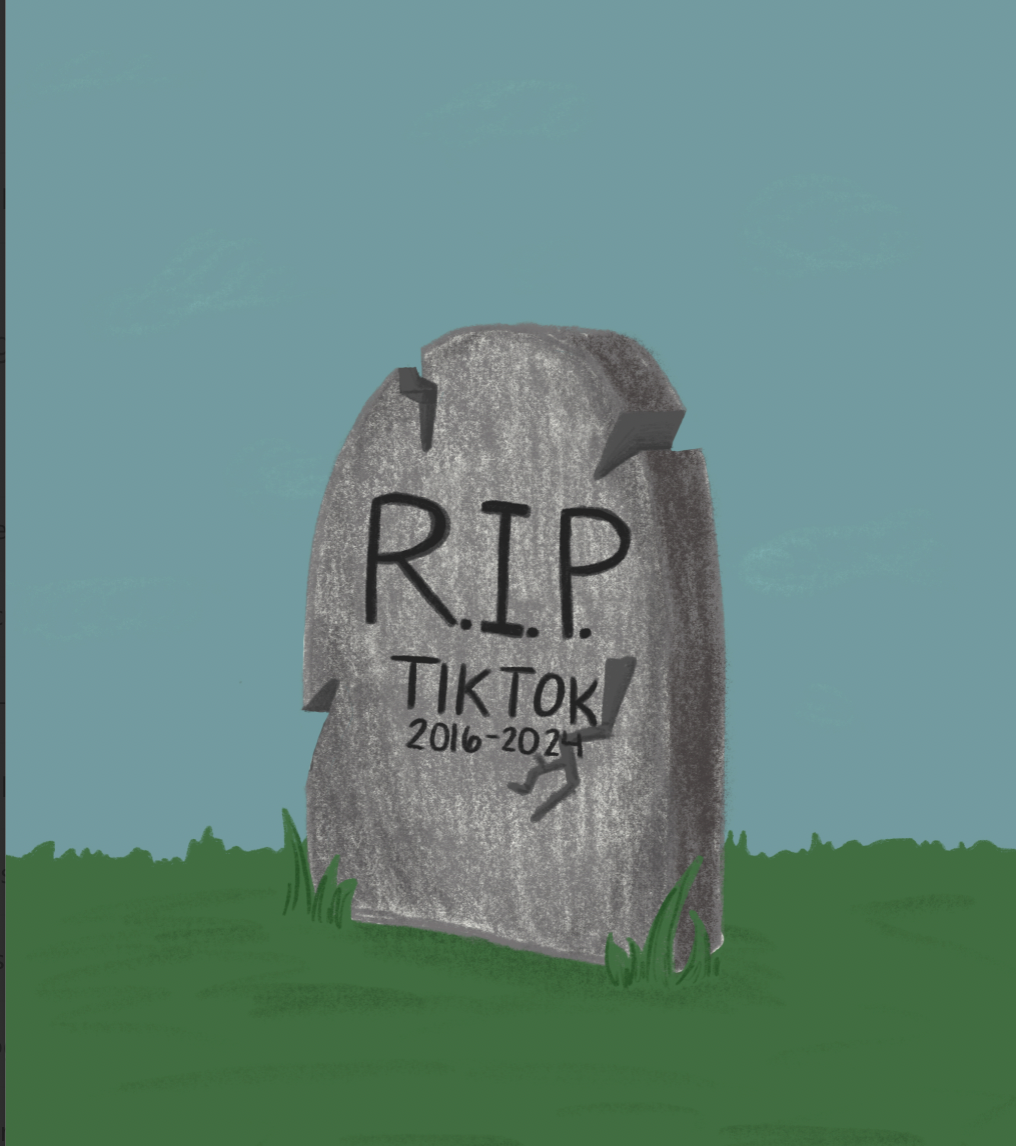In a major shift, many elite colleges have reverted back to their former testing policies, including the University of Texas Austin, Yale University, Dartmouth College, Brown University, Harvard University, and Caltech. Some schools such as MIT had already reinstated test scores in 2022.
For the last four years, colleges around the nation have made standardized testing requirements optional for prospective applicants from across the world. Understanding the roadblock engendered by pandemic disruptions, colleges first instituted this policy to help students who were unable to take the test and aid applicants who traditionally scored lower on standardized tests like the SAT and ACT.
Research has increasingly shown that standardized test scores contain real practical information that helps colleges predict an applicant’s potential success in college. After reviewing the scores of admitted students, UT Austin found that those who had opted to submit their scores had a median of 1420 on the SAT, compared with a median of 1160 among those who did not. Of 9,217 first-year students in 2023, those who had opted in had an estimated average GPA of 0.86 grade points higher during their first fall semester and were estimated to be 55% less likely to have a failing first-semester college GPA. Test scores especially in recent years have become a more accurate indicator than high school grades, in part because of rampant grade inflation in secondary education.
Without test scores, many admission officers claim they lack the fundamental perspective of an applicant’s testing strength, which they say can lead to difficulty when distinguishing between applicants who are likely to do well at elite colleges and those who are likely to struggle.
Some argue that test scores harm lower-income individuals because higher household income correlates with a higher test score, yet researchers argue that test scores can be helpful in identifying lower-income students and underrepresented minorities who will thrive. A solid score, even if not the best, from a student from a less privileged background can often be a sign of enormous potential.
“Standardized test scores are a much better predictor of academic success than high school grades,” said Christina Paxson, the President of Brown University. Stuart Schmill, the Dean of Admissions at MIT has stated, “Just getting straight A’s is not enough information for us to know whether the students are going to succeed or not.”
A study released last summer by the group Opportunity Insights covering “Ivy Plus” colleges including the entirety of the eight Ivy League colleges, Duke, MIT, Stanford, and University of Chicago, showed little relationship between high school GPA and success in college. Yet, the researchers found a strong relationship between test scores and later success.
“Test scores have vastly more predictive power than is commonly understood in the popular debate,” said John Friedman, an Economics Professor at Brown and one of the authors of the Opportunity Insights study.
Dartmouth, however, reverted to requiring test scores again out of the need for diversity. The persistence of test-optional policies prior to this year caused many students to only submit scores that were within the college’s 50th percentile. This, in turn, caused “test score inflation,” which compelled, albeit misleadingly, many disadvantaged students from submitting their strong and compelling, but not perfect, test scores. Dartmouth realized that many of these students who did not submit test scores would have a more compelling application if they indeed had submitted their scores.
According to Co-Director of College Counseling, Lauren Hoyt, “Dartmouth made the decision” to increase “diversity and find students who lack resources or opportunities” but are “demonstrating academic ability.” Hoyt continues, “The SAT gives the ability to demonstrate academic talent” and “looking closely at zipcodes and a student’s high school” allows colleges like Dartmouth to more clearly understand the context and challenges students face.
However, the sudden return of this policy has also brought headaches to many students, disrupting many who planned to submit test-optional. In an article in the Washington Post, with testing seats quickly filling up after the announcement by colleges requiring standardized tests, a California mother was forced to drive 80 miles to find an SAT testing center with an open seat where her high school junior could take the exam.
During college tours this spring, teens in the same article also recalled hearing prospective applicants groan when admission staffers announced they could not guarantee that test-optional policies would continue.
“You could be expecting and preparing for a certain way to apply to a college and present yourself — but then they change it mid-application process,” said Kai Talbert, a 17-year-old high school junior in Pennsylvania. “That’s really confusing. It can set back a lot of people.”
Others think that the decision has come too soon and places unnecessary stress on prospective applicants. “I think that colleges requiring the SAT again are to the detriment of us rising seniors next year because it places a burden on many that are simply unable to resolve,” said Ilya Semerikov ’25. “It’s just really stressful to get a good score ASAP before college applications next year.”
Other students, however, believe that the new change will improve the college admissions process. “I personally think that the changes are really good because it allows colleges to focus more on selecting actually good applicants since grade inflation has made it harder for colleges to discern which applicants are truly academically qualified,” said Madison Tian ’25.
Alex Li ’25 shares a similar opinion, “New day, same way, I think that the reintroduction is good for students at a fortunate school like The Hill because it allows Hill students another way to distinguish themselves.”
Ultimately, the advent of standardized testing will once again force applicants to satisfy another “checkbox” that colleges are looking for, inducing anxiety among applicants and drastically changing the admissions field for all applicants.



























